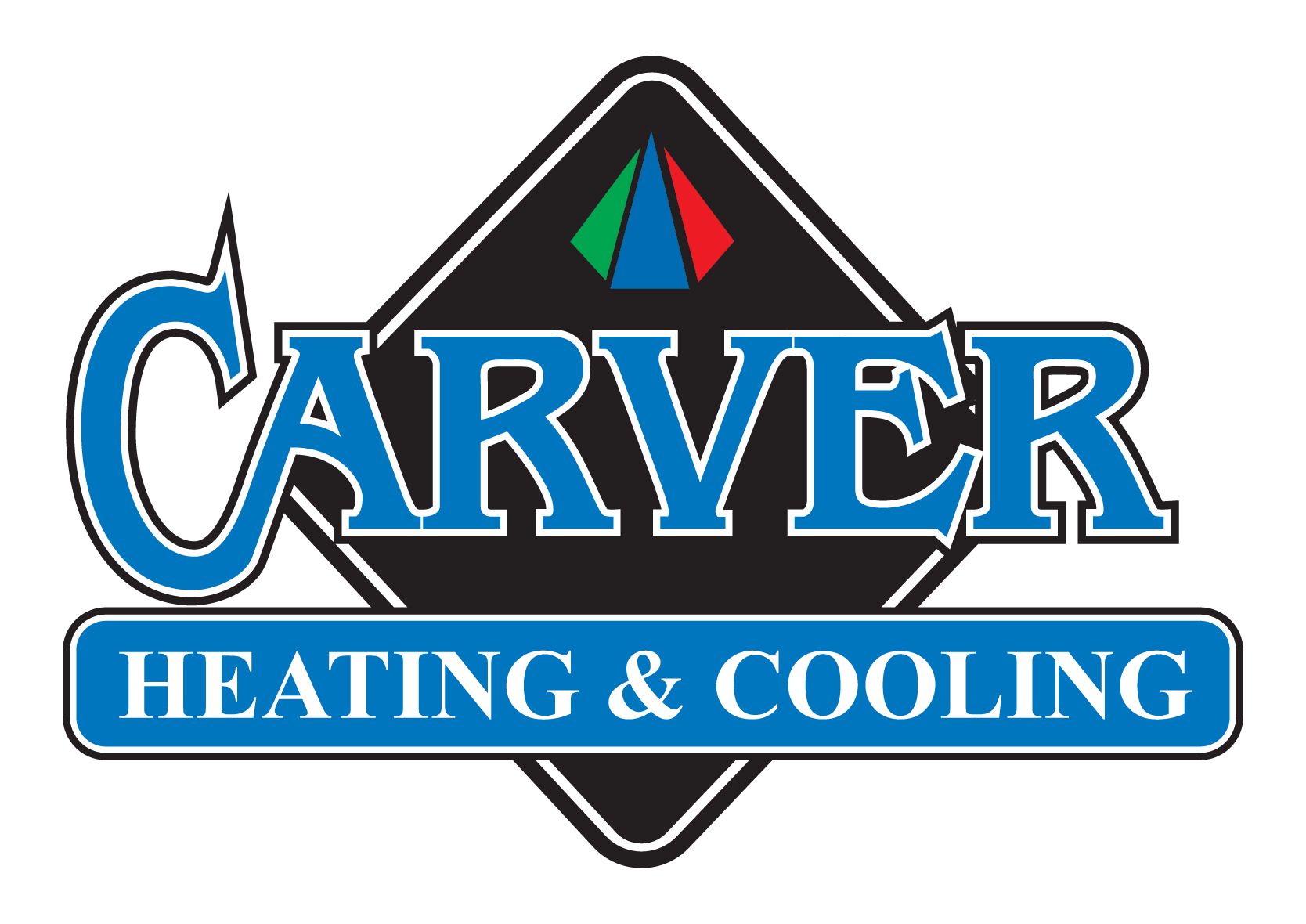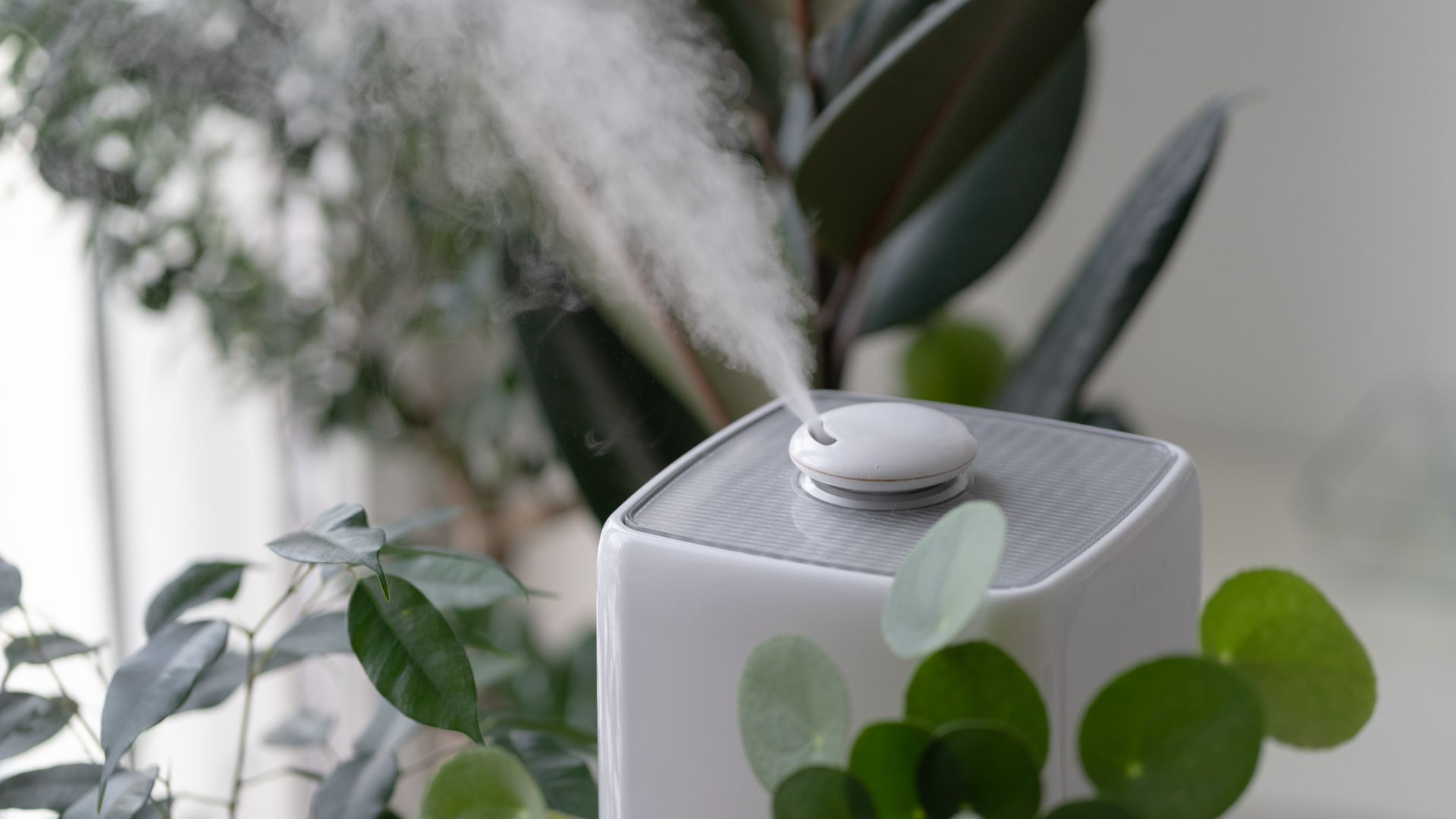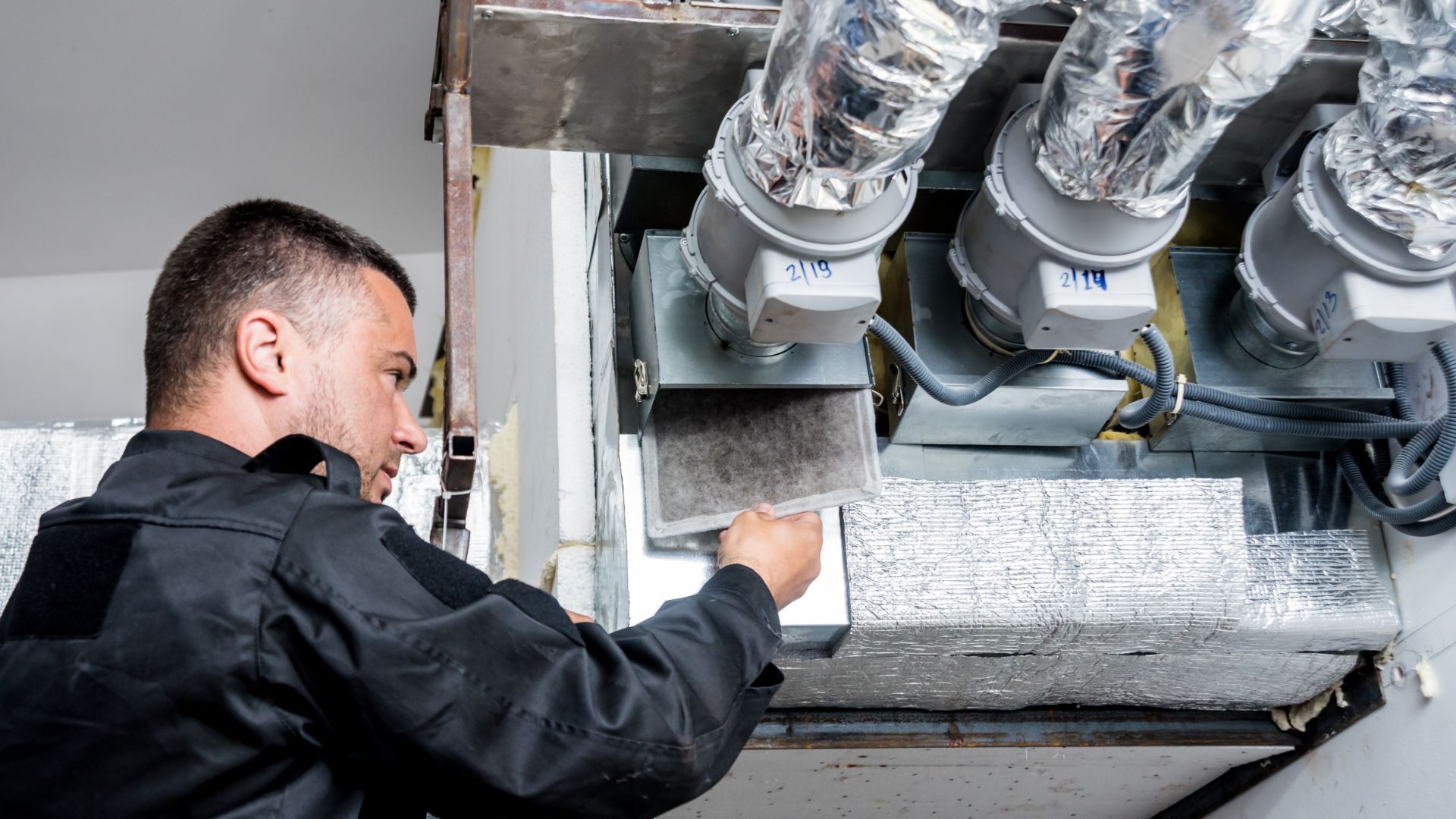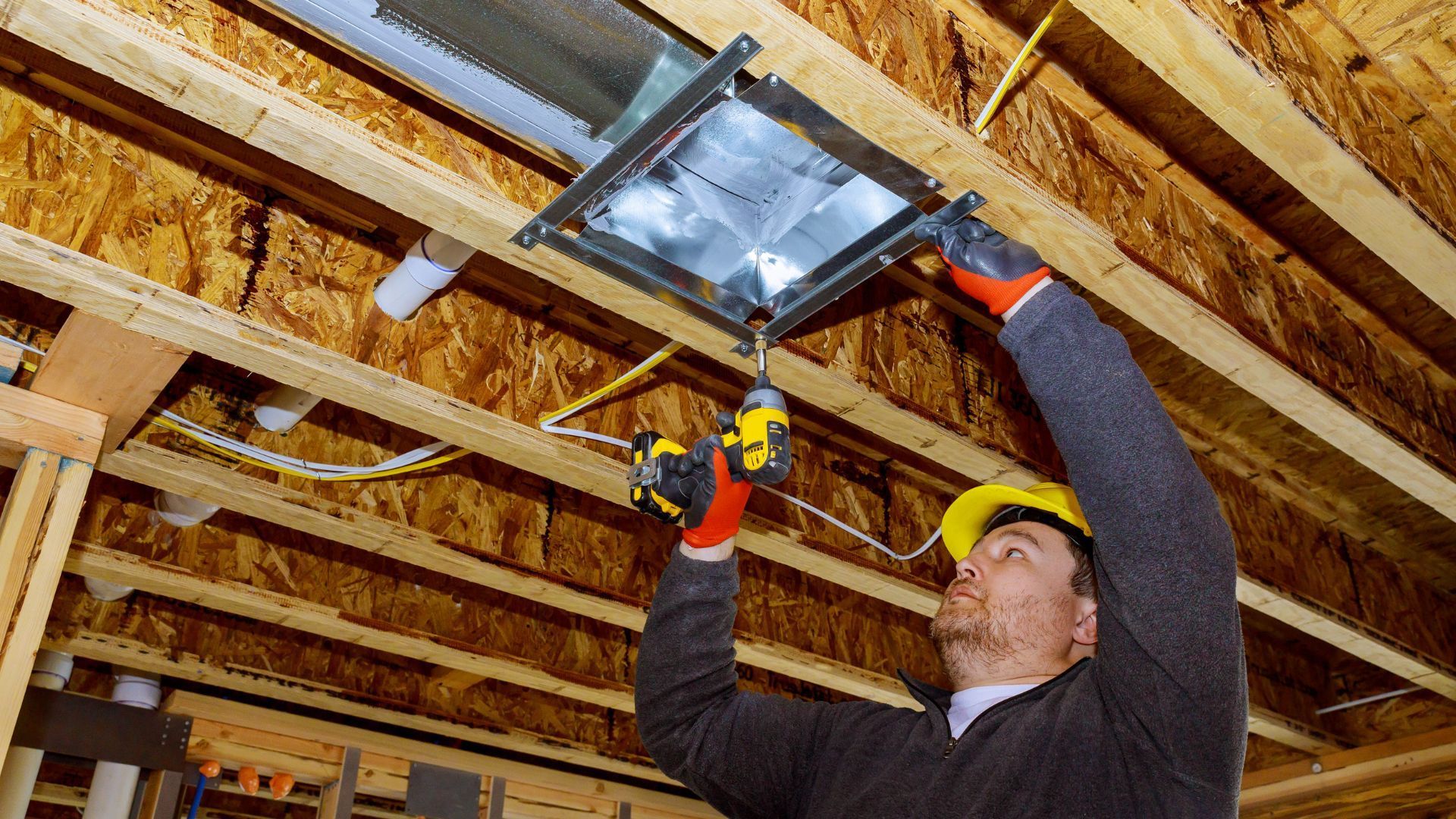A Buying Guide: How to Pick the Best Water Heaters
A Buying Guide: How to Pick the Best Water Heaters

Picking a new water heater for your home may seem like an overwhelming task. With all the options out there and having to decide which one is best for your needs, it can be challenging to know where to start.
Suppose you are in a home or office that has hot water running during the winter. In that case, you might want (and eventually need) a water heater. You're probably wondering how to pick the best one!
In this buying guide, we will provide you with all of the information you will need to
select the best water heater and avoid costly mistakes.
Let’s dive in!
Types of Water Heaters
When it comes to water heaters, there are a few different types to choose from. Depending on your needs, one type may be better suited for you than another. Here is a quick overview of the different types of basic water heaters so you can make an informed decision when purchasing one.
Tankless Water Heaters
As the name suggests, tankless water heaters do not have a storage tank. Instead, they heat water on demand, which can save you money on your energy bill.
Solar Water Heaters
Solar water heaters are those that heat water using solar energy. They are friendly to the environment and can help you save money on your energy bill. They do, however, generally require regular maintenance and may not be appropriate for all homes.
Electric Water Heaters
On the other hand, electric water heaters are the types that use electricity to heat water. These types are less expensive to install than gas water heaters but may cost more to operate.
Tips on Picking a Water Heater
When it comes to water heaters, there are many different factors that you need to consider in order to pick the best water heater for your home. Let’s go over some tips that will help you pick the best water heater for your needs.
1. Decide the Type
First and foremost, you must determine and select the type of water heater that you require. Electric and gas water heaters are the two most common types. Each type of water heater has advantages and disadvantages, so you must determine which is best for you.
2. Pick the Size
When you have finally decided on the type of water heater, the next step is to choose the size. Water heaters come in a great variety of sizes, so you'll need to pick one that's large enough to meet your needs. Keep in mind that larger water heaters will typically cost more to operate than smaller ones.
3. Check the Warranty
Finally, you'll need to consider the warranty when choosing a water heater. Most manufacturers offer at least a 1-year warranty on their products.
Nevertheless, it is always a good idea to check and see what kind of coverage is available. That way, if something goes wrong with your water heater, you'll be covered.
Important Qualities to Consider When Buying a Water Heater
There are a few qualities that you should consider when buying a water heater. Here are the qualities you need to keep in mind.
1. Storage Capacity or Size
One of the most important things you need to keep in mind is the size of the water heater. It would be best if you made sure that the water heater is big enough to meet your family's needs.
Depending on the size of your home, you'll need a different sized unit. A small home will require a smaller unit, while a large home will need a larger one.
2. Warranty Coverage
Next, you need to consider the warranty. Make sure that the water heater's warranty covers all parts and labor. Check the warranty on any water heater you're considering before making a purchase. This will ensure that you're covered in case anything goes wrong with the unit
3. Energy Efficiency
The third quality is the energy efficiency of the water heater. You want to make sure that your new water heater uses less energy than your old one.
4. Pricing
The fourth quality is the price. You want to find a water heater that fits your budget.
Cost Benefits of the Different Types of Water Heaters
There are dozens of different types of water heaters on the market, each with its own set of advantages. Here are the cost benefits of each type of water heater so you can make an informed decision about which one is best for your home.
Conventional Tank Water Heaters
These are the most common types of water heaters. They're also the most affordable option, making them a popular choice for budget-conscious homeowners. Tank water heaters typically have a lifespan of around 10 years.
Tankless Water Heaters
These types are more expensive options, but they offer a number of advantages over conventional tank water heaters. For one, tankless water heaters have a much longer lifespan – up to 20 years. They're also more energy-efficient since they only heat water as needed rather than keeping a reserve of hot water in a tank.
Solar Water Heaters
Solar water heaters are another option for homeowners who want to save money on energy. Solar water heaters collect energy from the sun and convert it into heat using solar panels. Solar-powered water heaters can reduce your energy bills significantly and pay for themselves over time.
Where to Buy?
Now that you have all of the information you need to choose the best water heaters, you may be wondering where to buy one. There are dozens of suppliers and stores to choose from, but we have the most dependable one—Carver Metal Sheet Inc. Check them out today!










